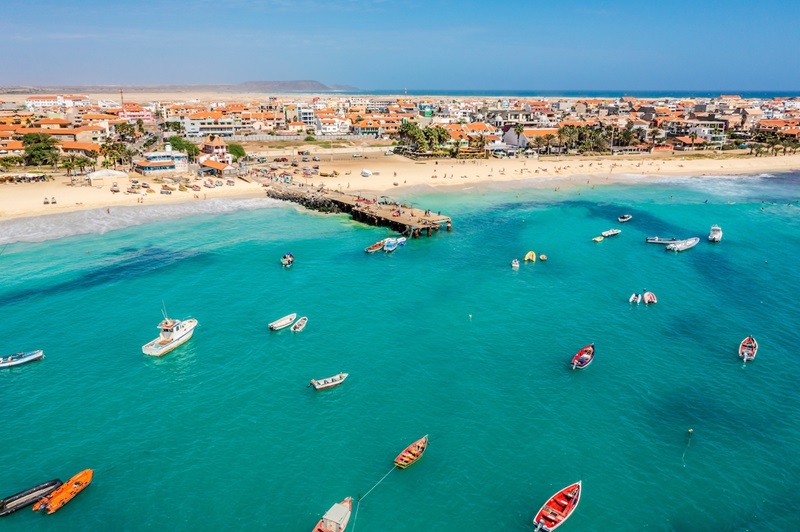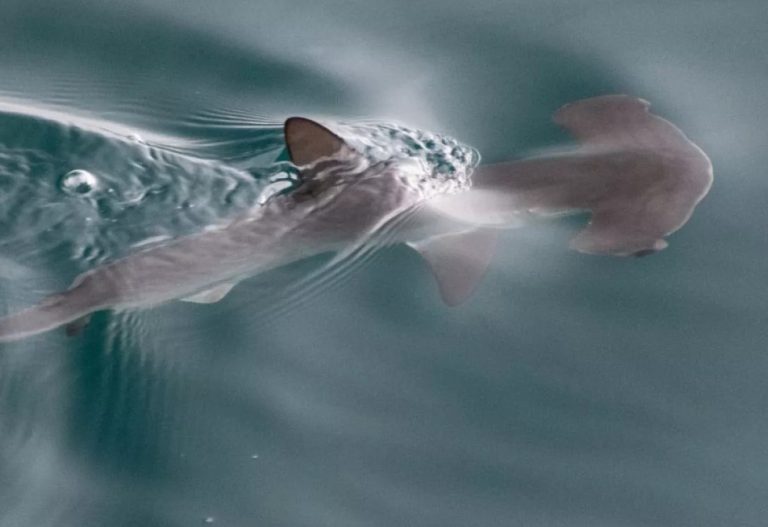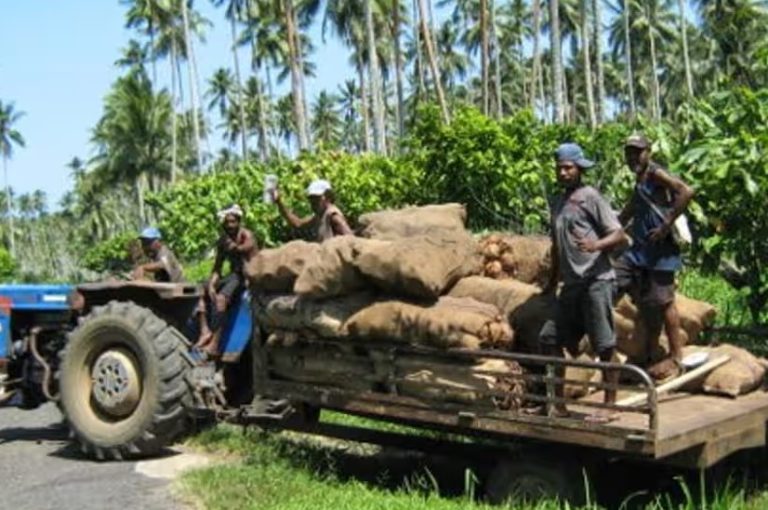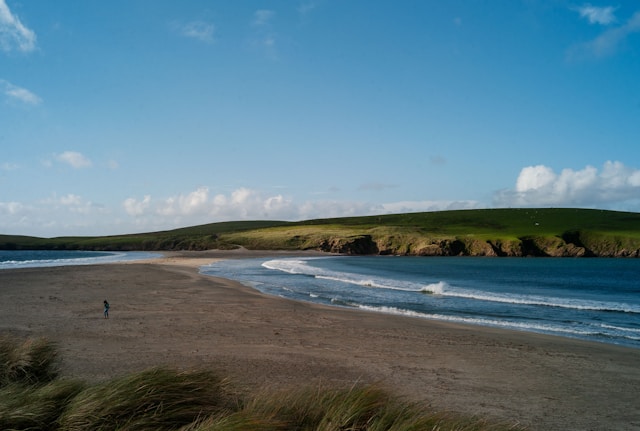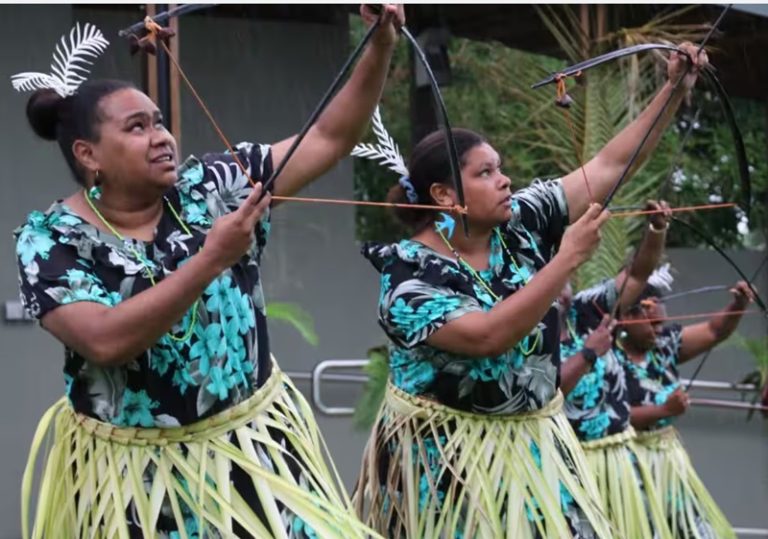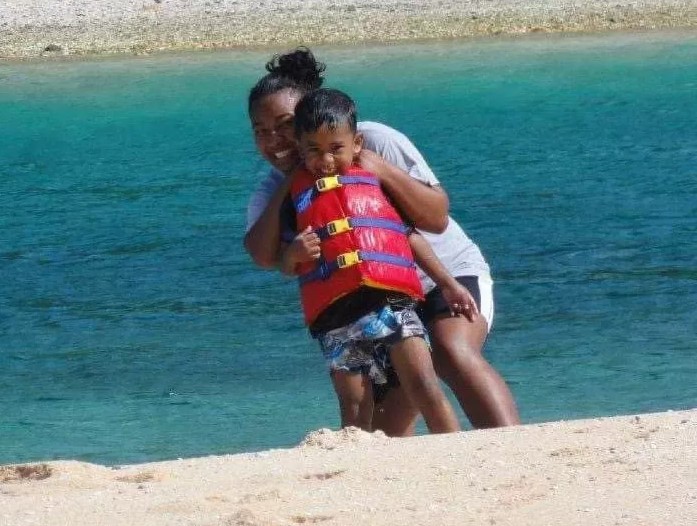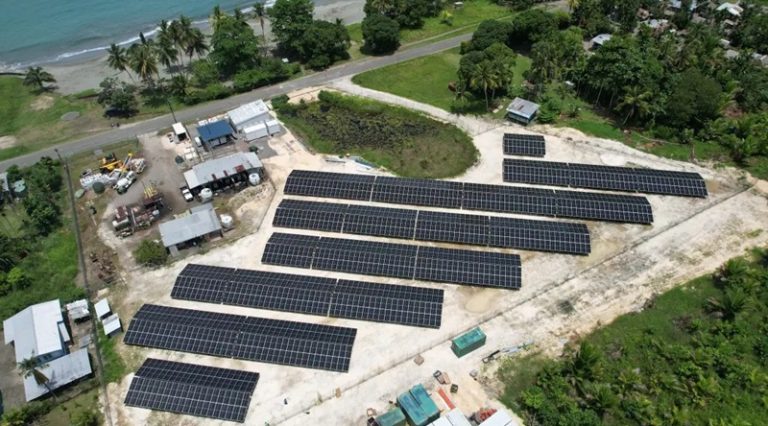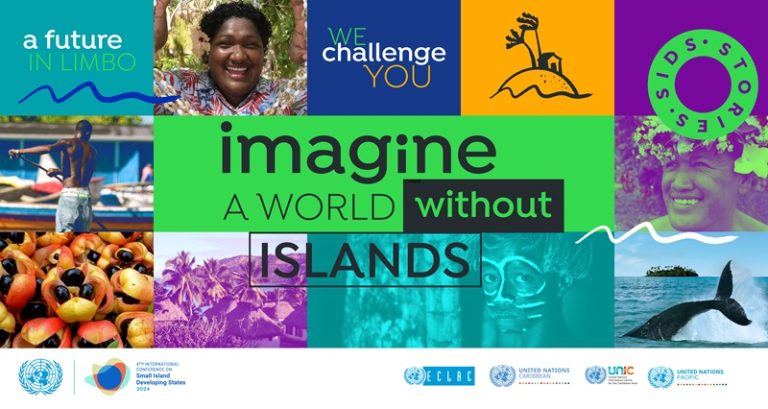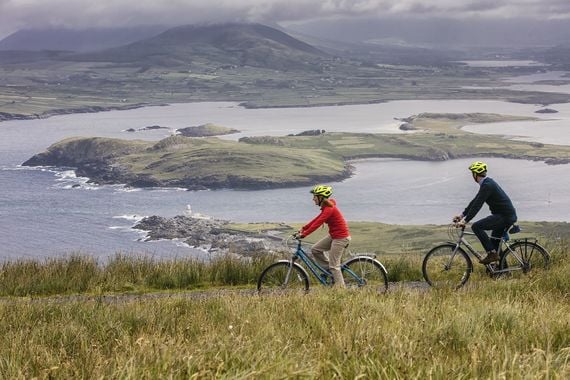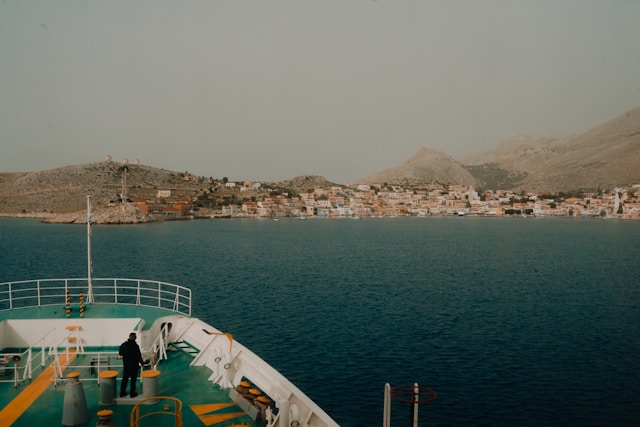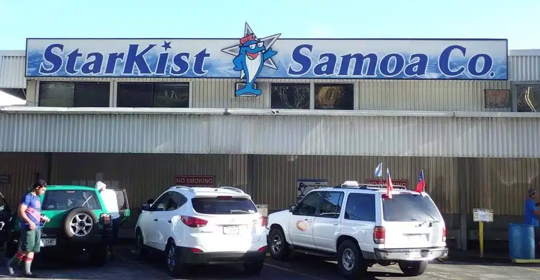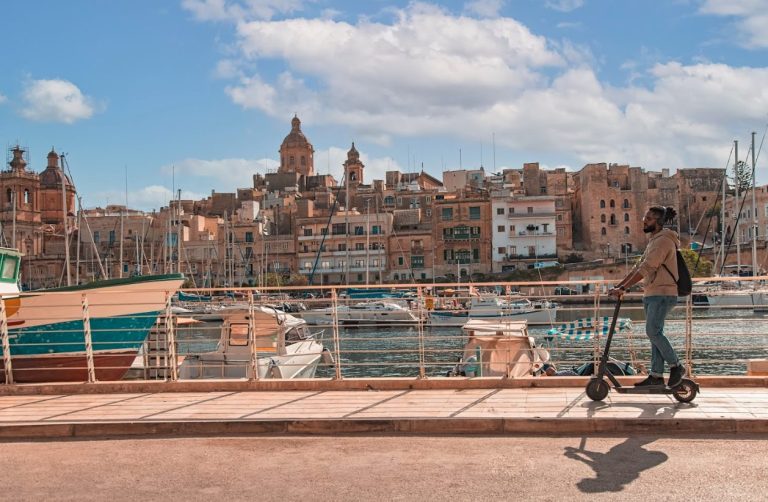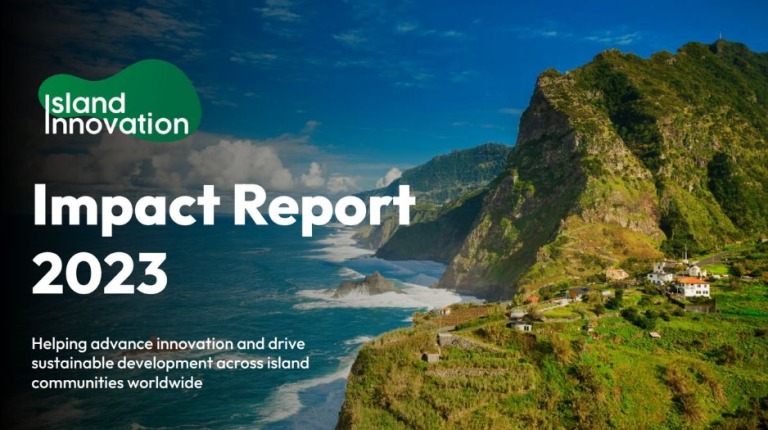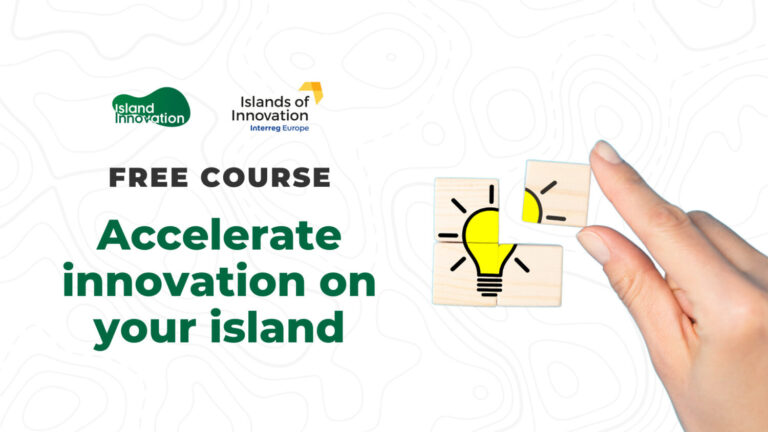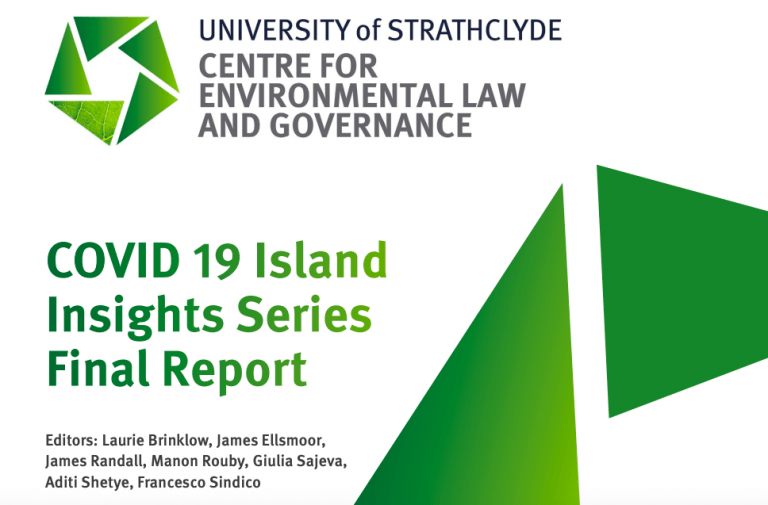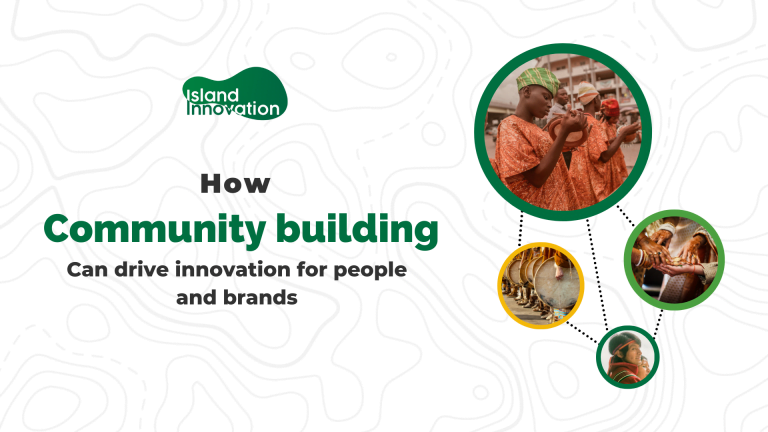Photo: Sopotnicki on Shutterstock. Retrieved from brookings.edu
Excerpt from brookings.edu
Climate change is real for us in Cabo Verde, a large oceanic state but a small archipelagic country. We can see this reality in the rise of sea levels, coastal erosion, and infrastructure damage. It affects our tourism economy and the livelihoods of our population across the country, but also in the specific communities of Maio, Boa Vista, and Sal islands that are more impacted by coastal erosion. The availability of water resources is being affected by changes in precipitation patterns and increased evaporation due to higher temperatures. Droughts are affecting agriculture, food security, and water supply.
Climate change is also affecting coastal ecosystems, fishery, and tourism activities in ways that are real today. Satellite observations already indicate a reduction in net primary productivity linked to reduced ecosystem biodiversity and the abundance of larger marine organisms, such as pelagic and demersal fishes. Of particular concern are the results of the EcoOcean model that suggest a large negative effect of climate change on large pelagics, which constitute 80% of Cabo Verde exports.1 Other indicators show a significant shift in the stock population of small pelagic fish, a decrease in tuna species, and a reduction in coastal lobsters.2
The fishing and tourism facilities and infrastructure of Cabo Verde (harbors, landing sites, and fish markets) were not designed for a changing climate and a rising sea level. They are all highly vulnerable.
Cabo Verde is strongly committed to the global climate change agenda, fully embracing the transition to a green, secure, efficient, and sustainable economy. But we are an island nation. For us, “Blue is the New Green.” Our climate actions must be based on the sustainable and resilient management of Cabo Verde’s blue economy and the recognition of the interconnectedness of the many climate change challenges we face.

